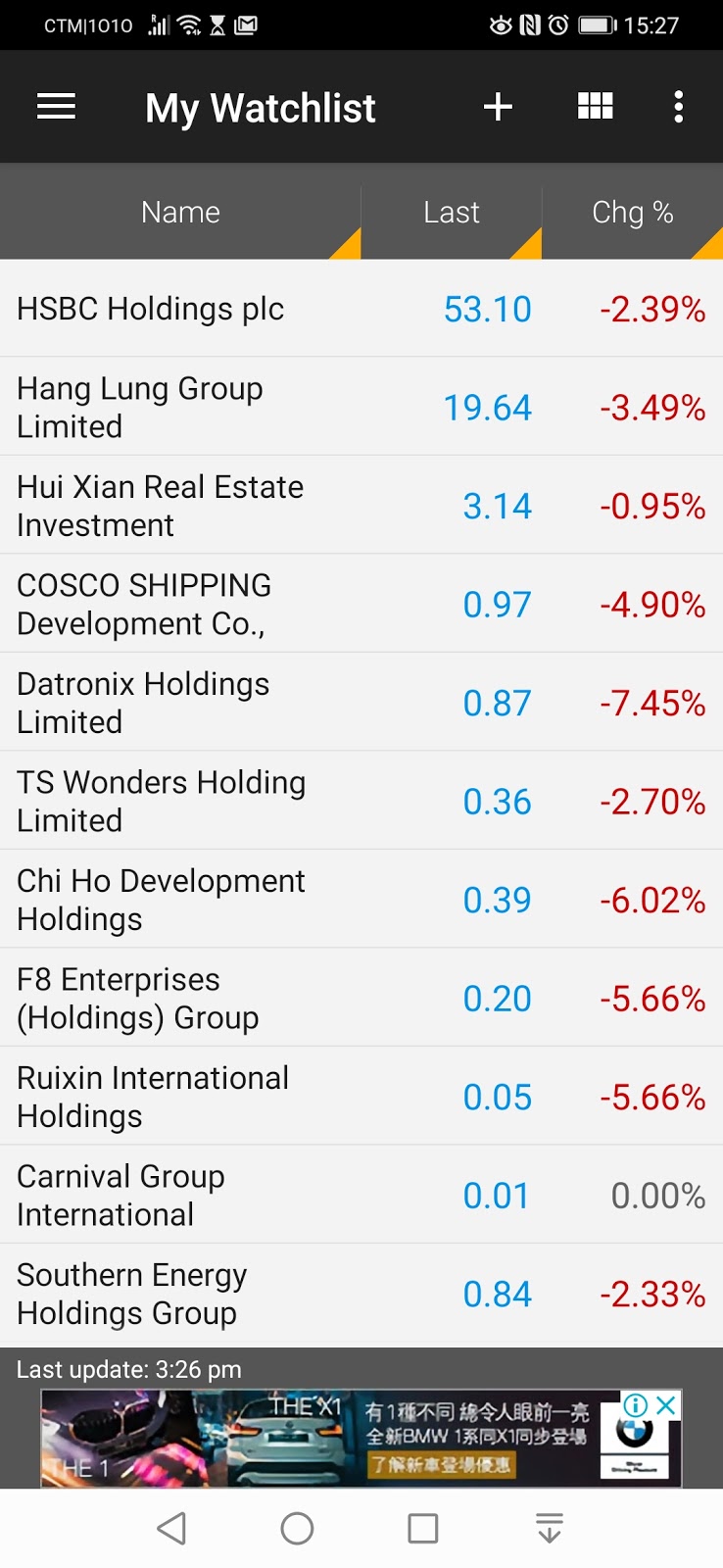Airlines' Loyalty Spin-off
"Qantas looks at loyalty spin-off"
I think it is sensible for an airline to spin off its mileage program to be run as an independent business entity from the airline itself. Looking back to the short history of frequent flyer programs (I guess around 2 decades), most started off as a mere marketing tool for airlines to incentivize repeated travelling. As such, a program was developed simply by way of leveraging on the airline's established operation infrastructure for loyalty marketing.
As things evolve, the mileage emerges as a viable currency among the community of the airline's passengers and its program's patronage of partners (other airlines, hotels, restaurants, credit cards, etc). The buying and selling of mileage, ie, trading of the currency, becomes a viable business in itself. For those established and popular programs, therefore, spin-off from the airlines concerned is clearly an economically sensible way forward to unlock the value for further development.
Of course there is always the cynical view, that spin-off will only mean lucrative financial and legal fees for the usual suspects in the game. It is true that agency costs are inevitable in any capitalistic economy. But that shouldn't be the point. The right question to ask of a spin-off is whether the value unlocked as a result can be capitalized for adding further value to the business entity, or, more directly, what to use of the new capital amassed from floating?
I think there is a potential pool of immense wealth from within the program to be readily tapped. Particularly for those popular programs, the membership in numbers of millions itself forms a fertile soil for an interactive social community with common experiences and even a like-minded interest - travel. How about a social network for members to share travel experience and fun, by way of blogging or following any other creative templates designed for the purpose (which could also be open-sourced for continuous evolutionary improvement)?
Perhaps it sounds like just another social site of user-generated content or, more particularly, the likes of Travelpod and Travellerspoint. The difference, however, is the established membership and, in some cases, the brand name of the program to be leveraged on - a core competence to be exploited. The program's patronage of partners also forms a ready clientele of advertisers.
So the business model of currency trading continues, but with a social site on top for new value creation - not least from the incremental source of on-line advertising. Perhaps it sounds fantasy. But all things man-made start from an imagination in the mind.
I think it is sensible for an airline to spin off its mileage program to be run as an independent business entity from the airline itself. Looking back to the short history of frequent flyer programs (I guess around 2 decades), most started off as a mere marketing tool for airlines to incentivize repeated travelling. As such, a program was developed simply by way of leveraging on the airline's established operation infrastructure for loyalty marketing.
As things evolve, the mileage emerges as a viable currency among the community of the airline's passengers and its program's patronage of partners (other airlines, hotels, restaurants, credit cards, etc). The buying and selling of mileage, ie, trading of the currency, becomes a viable business in itself. For those established and popular programs, therefore, spin-off from the airlines concerned is clearly an economically sensible way forward to unlock the value for further development.
Of course there is always the cynical view, that spin-off will only mean lucrative financial and legal fees for the usual suspects in the game. It is true that agency costs are inevitable in any capitalistic economy. But that shouldn't be the point. The right question to ask of a spin-off is whether the value unlocked as a result can be capitalized for adding further value to the business entity, or, more directly, what to use of the new capital amassed from floating?
I think there is a potential pool of immense wealth from within the program to be readily tapped. Particularly for those popular programs, the membership in numbers of millions itself forms a fertile soil for an interactive social community with common experiences and even a like-minded interest - travel. How about a social network for members to share travel experience and fun, by way of blogging or following any other creative templates designed for the purpose (which could also be open-sourced for continuous evolutionary improvement)?
Perhaps it sounds like just another social site of user-generated content or, more particularly, the likes of Travelpod and Travellerspoint. The difference, however, is the established membership and, in some cases, the brand name of the program to be leveraged on - a core competence to be exploited. The program's patronage of partners also forms a ready clientele of advertisers.
So the business model of currency trading continues, but with a social site on top for new value creation - not least from the incremental source of on-line advertising. Perhaps it sounds fantasy. But all things man-made start from an imagination in the mind.



Comments